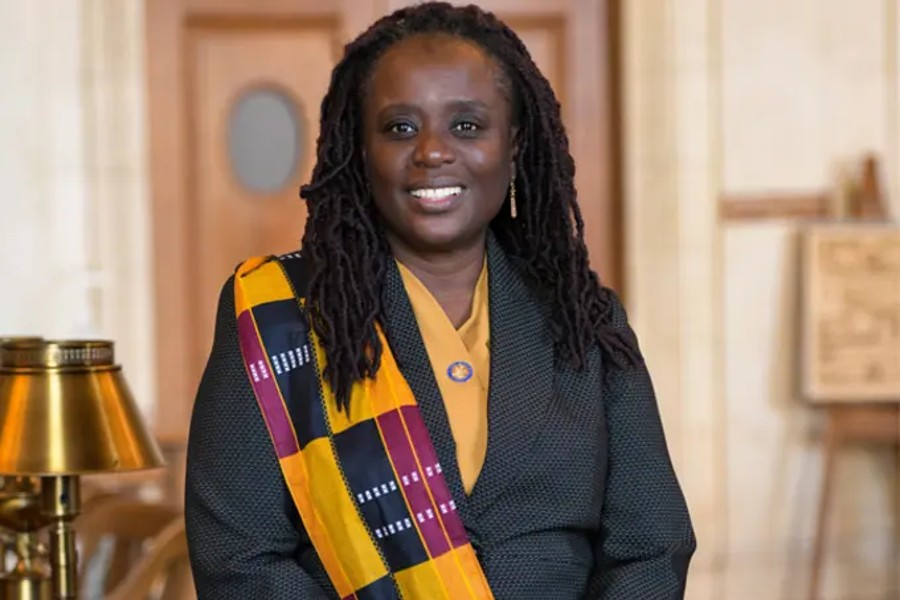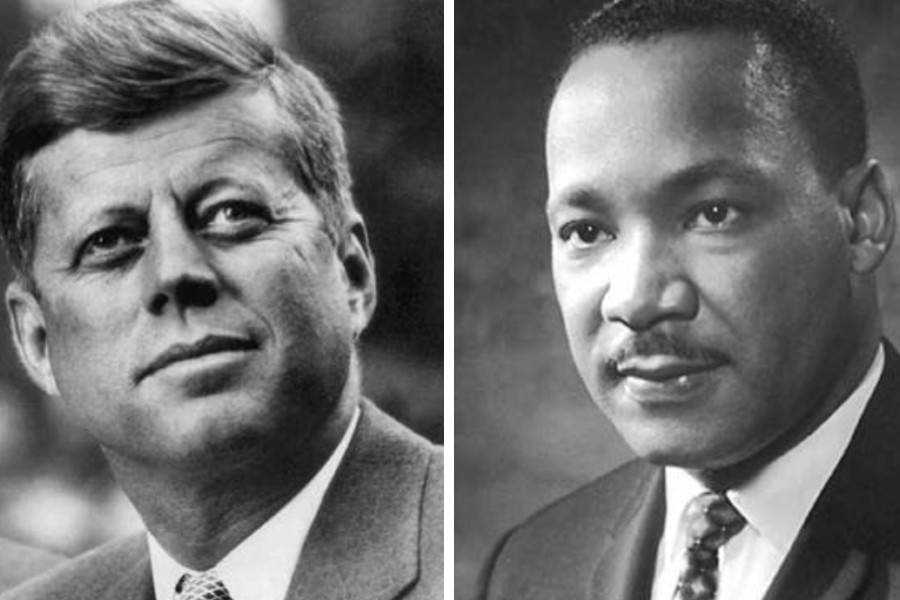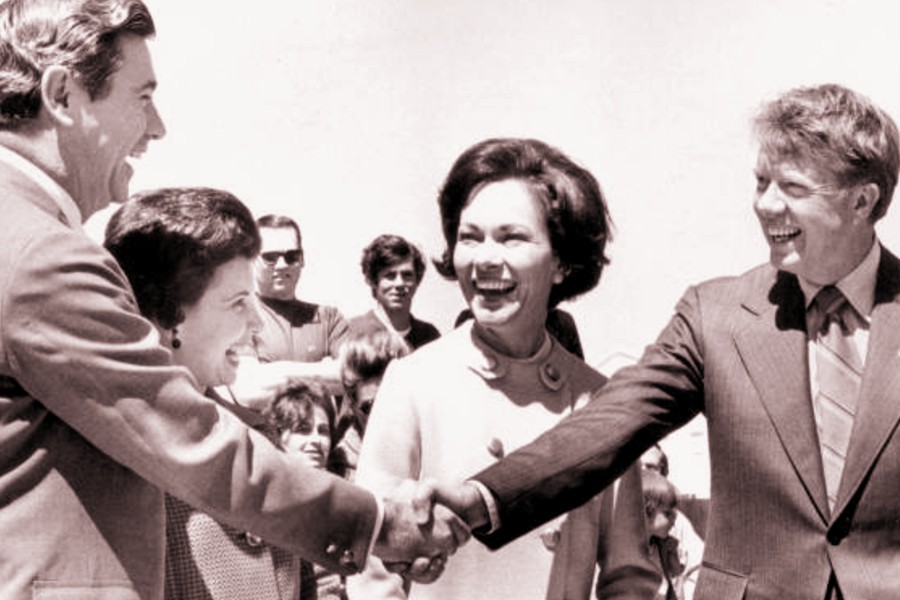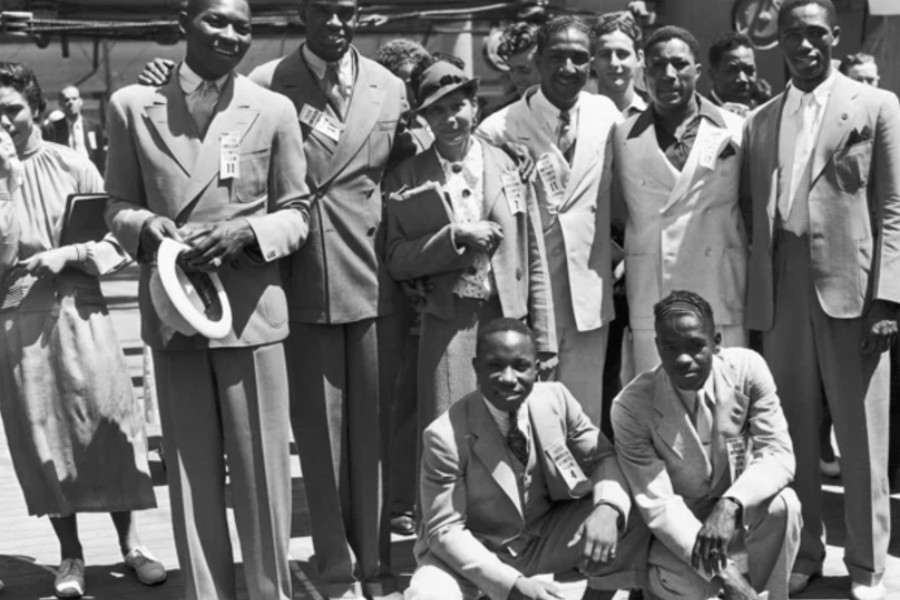 Building a skill set is more important than accumulating new titles
Building a skill set is more important than accumulating new titles
This interview with Ruth Rathblott, chief executive of the nonprofit Harlem Educational Activities Fund in Harlem, was conducted on April 10, 2014 in the New York Times and condensed by Adam Bryant.
Question: Were you in leadership roles early on?
Answer: It started in middle school. In seventh grade, I was president of my class. In eighth grade, I was president of the middle school. My mother ran my campaign. You would think it was a presidential campaign. She taught me about creating a platform and vision.
She also literally created a platform for me — we used sawhorses to build it — to stand on to give a speech. She was a theater person, so she knew the dramatic part of it. I love giving presentations. I love being in front of a crowd. I love communicating a message and getting people to listen. There are some dramatic ways you can do that to be heard.
MIght be interested: HW Radio with Ruth Rathblott Harlem Educational Activities Fund’s (HEAF) chief executive with Danny Tisdale >>>
Question: What was driving you to do those things?
Answer: Part of it is that my mind is always working. I see things that I want to change, or I see things that I want to be a part of. It was never about sitting back.
Question: Were there any key moments that set you on your current career path?
Answer: During one of my internships, I was working with girls in Dorchester, Mass., who were about 15 and 16. The neighborhood was pretty dangerous — there were a lot of shootings. Many of the girls wanted to get pregnant, and I said to them: “You’re too young to have a baby. You can’t do that. You have your future.” And they said: “You don’t understand. You don’t get where we are. We’re not going to live past 18, so we want someone who’s going to carry our name and remember us.” That was a shock. The question for me became, “How do you create a future for kids who don’t think they have one?”
Question: What about other key moments in your career?
Answer: I took a break a few years ago, before I joined HEAF, to think about what was next for me. I didn’t have a mortgage. I didn’t have two kids going to college. I was living alone in Manhattan. I spent six months building a network. Then I brought on a leadership coach who said, “We spend so much time branding products, but we never spend time really branding ourselves.” So, I put together this focus group online and in person of people who knew me well, including staff, past bosses and board members.
I asked them questions like: “What am I good at? What should I do with my life? What should be my next career? If you thought about me in five years, what does the headline read?” What came out of all of it was that I love creating vision with growth in mind. I love working with boards. I like creating partnership; I like building relationships. I love asking for money for causes that I really care about.
Question: Anything unusual about how you run meetings?
Answer: I have given away the power to the staff to lead the meetings. But we open every meeting with an icebreaker that focuses on a specific topic, like “How do we create culture? What are things we want in our culture? What are things that we need to get rid of?” We’ve also talked about teamwork. “How do we communicate? How do we break down walls and really create a team?”
Question: Did you have a first-day speech for your staff?
Answer: Yes. There are two main things I talk about. One is, “My door is absolutely always open.” But if I put up my hand to say I need five minutes, it means I’m writing an email or that I just need to finish that thought, and I will come find you. The second is, no surprises. I can’t help you out of a situation if it’s a surprise. If there’s a problem, I’d rather know about it from you than hear about it from someone else.
Question: How do you hire? What questions do you ask?
Answer: I’m looking for a sparkle in the eye. Especially in nonprofit work, you have to have that sparkle if you’re going to do this work, because you give up some things to be in the nonprofit world.
So my first question is: “Why are you here? Why are you interested in this job?” The other ones I always ask are: “What do your supervisors say about you? Now tell me what your friends think about you. What are your strengths? What would your friends say are your greatest strengths and why they enjoy being friends with you?” It throws people off a little bit, because they’re so practiced to give the right answer to the core questions.
Then I’ll say: “Tell me what they think you need to work on. Where are you developing yourself?” That gives me a sense of how real and self-actualized they are, how much they know about themselves, and how much they want to know about what other people think.
At the end of the interview, I always flip over the résumé and say, “What is something that’s not on here? What do I not know about you? What are your interests? What are your hobbies?”
Question: What advice do you give to graduating college students?
Answer: There are two things I always say. One is network. Build a web around you for networking for jobs by doing informational interviews, even if there’s no job. Just start meeting people. With the Internet, it’s so much easier. You don’t have to just get someone’s business card. There are so many ways to connect with people. Who do you want to know?
The other piece of advice is to ask for opportunities. Don’t always ask for title changes; ask for opportunities to build your skill set. Some people are really focused on title, but I’ll say: “Yes, but what does that mean? Unless you have the experience to back it up on your résumé, and you can actually talk about the challenges and strengths, I’m just reading a title. What’s behind it?”
Adam Bryant talks with top executives twice a week about the challenges of leading and managing.
Become a Harlem Insider!
By submitting this form, you are consenting to receive marketing emails from: . You can revoke your consent to receive emails at any time by using the SafeUnsubscribe® link, found at the bottom of every email. Emails are serviced by Constant Contact




























